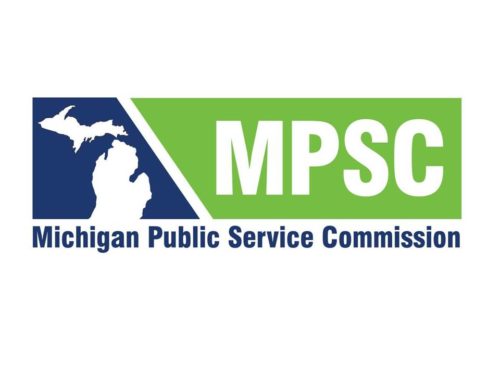Utilities across the state have agreed to pause service disconnections for low-income and senior customers through June 1, 2020, while many businesses are closed and residents are under Gov. Gretchen Whitmer’s extended Stay Home, Stay Safe order.
Because of the coronavirus pandemic, on April 30, state officials urged Michiganders to be proactive if they’re struggling to pay their utility bills by reaching out to their energy providers and seeking financial assistance if they’ve lost a job or their income has dropped.
State leaders encourage anyone facing financial distress because of COVID-19 to:
- Contact your utility or propane supplier to ask what kind of protections, funding, flexible payment options, or energy saving tools and resources are available.
- Call 211 or go to org for information about getting help paying your utility bill or how to contact agencies that may assist you with your energy bill.
- Apply for State Emergency Relief (SER) directly through MIBridges for bill payment assistance or call 855-275-6424. You can also get assistance with the applications process by calling 211 to be referred to a Michigan Energy Assistance Program grantee that can help.
- Apply for a Home Heating Credit. Visit the Michigan Department of Treasury’s website to see if you qualify. Even though this funding is distributed by the Department of Treasury, you do not need to pay taxes or wait for a tax return to receive this credit, so apply now if you are eligible. For more information, read the Michigan Public Service Commission (MPSC) Home Heating Credit consumer tip.
“Nobody should have to worry about how they’re going to pay their utility bills during a crisis,” Governor Whitmer said. “My administration is committed to ensuring Michigan families have the support they need during this time. I urge everyone who is struggling to pay their bills to reach out for help. We will get through this together.”
On April 15 the Michigan Public Service Commission issued an order directing regulated electric and natural gas utilities to file affirmations that certain minimum customer protections were in place:
- Waiving deposits and reconnection fees for low-income customers, seniors and customers experiencing financial hardship related to COVID-19 and seeking restoration of electric or gas service.
- Suspending disconnections for Michigan’s most vulnerable populations, low-income and senior customers, through June 1, and waiving late fees for eligible low-income customers receiving energy assistance.
- Extending access to and availability of flexible payment plans to customers financially impacted by COVID-19, and providing customer assistance personnel with the resources necessary to connect customers to available financial assistance and social service agencies.
- Allowing for customers exposed to, infected by or quarantined because of COVID-19 to be eligible for a 30-day medical hold to avoid a disconnection of service.
The MPSC is partnering with utilities and social service agencies on an outreach campaign including public service announcements, bill inserts, and other efforts to spread the word about resources available for those in need. MPSC Chairman Sally Talberg noted customers need to notify their utilities of financial difficulties or seek out assistance directly through the Michigan Department of Health and Human Services (MDHHS), 211 or social services agencies.


